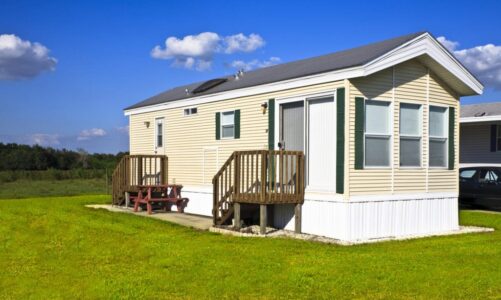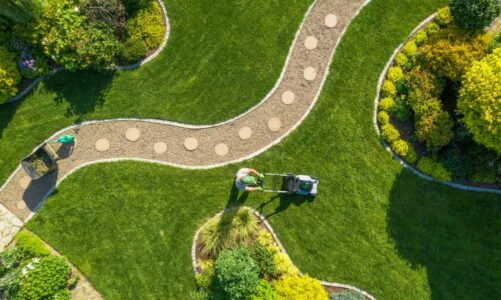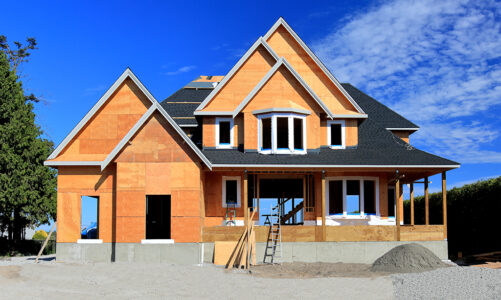What is rigid core in flooring? We often hear this question from homeowners, but what is it, and how can you tell the difference between the two types of materials? Read on to learn more! Rigid core flooring is typically composed of two materials: wood polymer composite (WPC) and solid polymer composite (SPC). WPC has a thicker, aerated core, which is more prone to dents than SPC. The rigid core in SPC products increases its durability and thickness, while WPC is less tolerant of subfloor imperfections.
Rigid-core flooring can be installed over any hard floor covering, although it should be leveled first. If the subfloor is not level, grinding it may be necessary to remove the elevated spots. The moisture content of the concrete must be checked before installation. If it is higher than acceptable, you’ll need to install an underlayment sheet to prevent moisture from penetrating the flooring and creating gaps. The main difference between rigid-core flooring and solid-core flooring lies in the installation method.
Rigid-core flooring is a type of engineered floor. It is made of a polymer core layer composed of limestone or polyvinyl, as well as stabilizers. Most luxury vinyl plank flooring uses SPC. SPC flooring is durable and water resistant. Rigid-core flooring is also pet-friendly, waterproof, and resistant to scratches. It has become a household favorite for its versatility and durability.
Most rigid-core products have acoustical backing, which reduces noise transfer from the floor below. These properties make them perfect for rooms where loud TVs, home theater systems, and late-night busy bodies generate excessive noise. Rigid-core flooring is waterproof and easy to install. However, some types are better suited for high-moisture subfloors than others. You can also install Rigid-core flooring over any type of hard floor, whether it’s in a basement, garage, or attic.
Rigid-core flooring products are an excellent choice for homeowners looking to save money. These flooring materials are available at affordable prices – as little as $2.35 per square foot! Many of the Rigid-core flooring products can simulate the look and feel of natural flooring materials. There are many options available to match any decor. You can also choose from a wide selection of wood and stone-look EVP flooring products.
Vinyl flooring made with a rigid-core can be a good choice for homes that are sensitive to water. The material is waterproof and won’t absorb water, but water pooling underneath rigid-core planks can lead to mold and mildew growth. To avoid this, install blinds on windows that receive direct sunlight. Lastly, don’t forget to install UV-protected underlayment if you’re installing a Rigid-core vinyl floor.
The advantages of Rigid-core flooring are many. It’s durable, waterproof, and affordable, and is even available in luxury vinyl. Rigid-core flooring has some unique advantages over standard vinyl, including the ability to resist water and imperfections in the sub floor. It also provides superior comfort and sound absorption. And it looks fantastic! What more could a homeowner ask for? Just make sure you read the manufacturer’s instructions carefully.
Rigid-core luxury vinyl flooring is more expensive than flexible LVP, but it’s still affordable – between $1.60 and $4.00 a square foot! You can even install the Rigid-core flooring yourself if you want to save money! It’s best to shop in a real flooring store, as they usually have better products. It can cost as little as $2.00 per square foot, which is half the price of traditional wood flooring!




